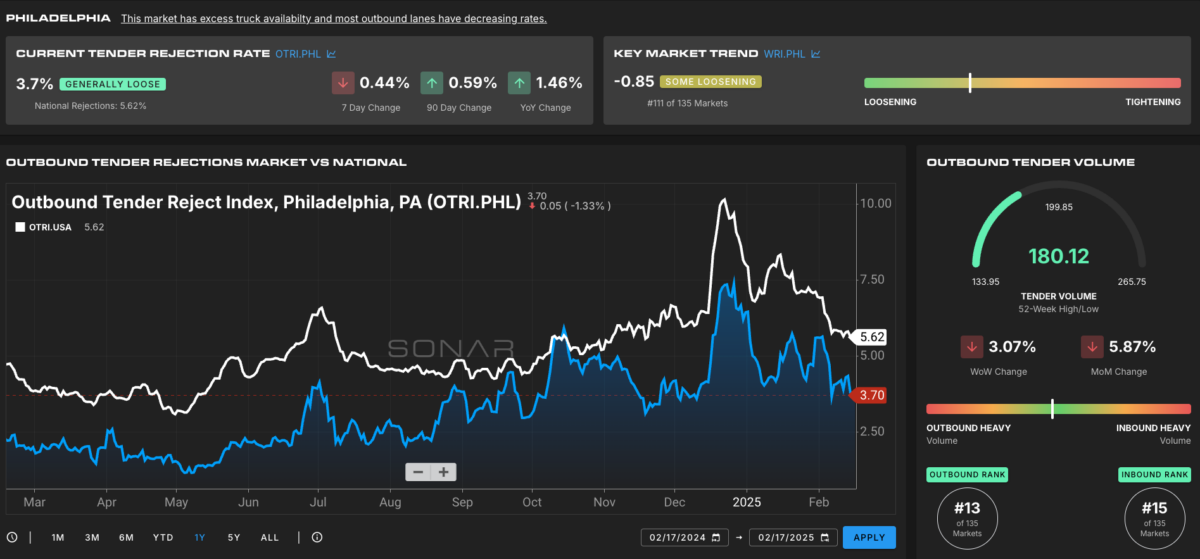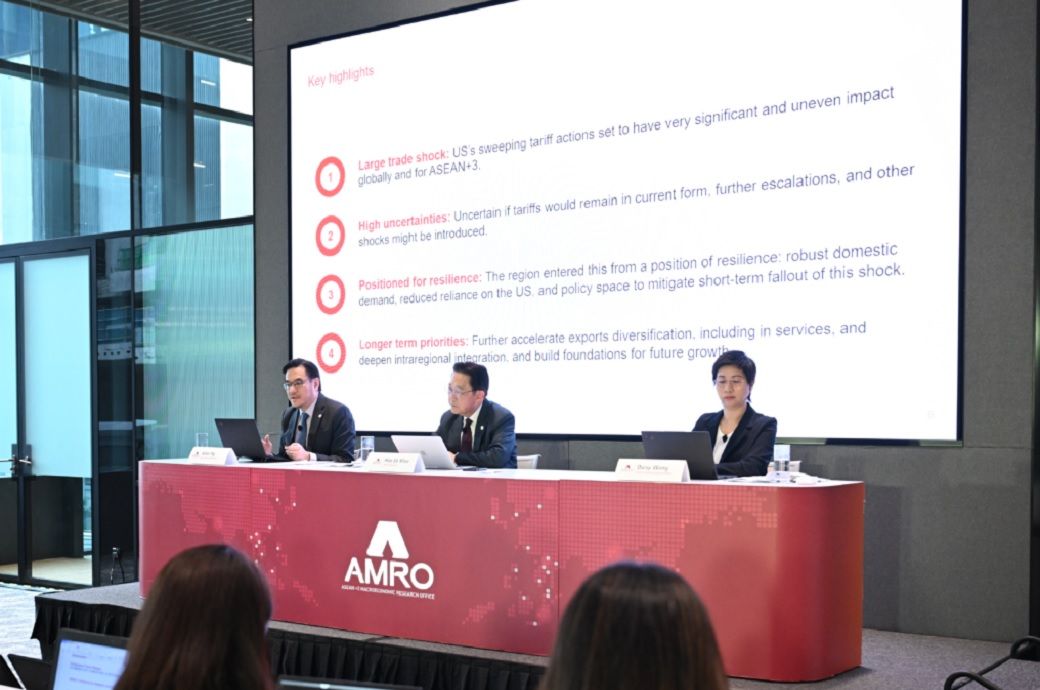Check Call: Broker transparency rule gets second comment period
In this edition: The FMCSA’s proposed broker transparency rule gets an extra comment period, and The Playbook arrives at FreightWaves. The post Check Call: Broker transparency rule gets second comment period appeared first on FreightWaves.


In a rare move for any rule in the rulemaking process, the Federal Motor Carrier Safety Administration has reopened the comment period on its proposed broker transparency rule.
When it comes to the rulemaking process, comment periods are typically 30-60 days and are rarely reopened – generally only if there was a technical error with the initial proposed documents that prevented comments from being submitted correctly or if there is new information or a public outcry regarding the proposed rule. The reopening in this instance falls under the public interest.
The initial 60-day comment period, which ended on Jan. 21, received close to 5,000 comments.
A FreightWaves article by John Gallager notes: “Small Business in Transportation Coalition petitioned FMCSA on Jan. 19 for an additional 14 to 30 days based on the high number of comments coming in at deadline, and to give drivers affected or displaced by the wildfires in Southern California an opportunity to respond to the proposed rule.”
The SBTC claims the proposed rule doesn’t go far enough to protect carriers from bad brokers.
FMCSA’s broker transparency proposal includes four main provisions:
- It requires brokers to keep their records in an electronic format.
- It requires that records contain information about charges and payments connected to the shipment, including a description, amount and dates, as well as any claims connected to the shipment.
- It affirms that brokers have a regulatory obligation to provide transaction records.
- It requires brokers to provide an electronic copy of records within 48 hours after a carrier makes a request.
The Transportation Intermediaries Association wrote in comments filed in the docket that the rulemaking is “a solution in search of a problem.”
“Rather than doubling-down on vestigial economic regulations, FMCSA should focus its efforts on addressing highway safety and addressing the proliferating fraud pandemic in the supply chain, which is costing the U.S. economy over $1 billion annually.”
Regardless of where you stand on an issue that could impact brokers’ day-to-day operations, it’s a final chance to have your voice heard and to possibly keep your margins hidden. Comments can be left on Regulations.gov under the proposed rule. The new deadline for comments is March 20.

Market Check. Philadelphia, home of the new Super Bowl champions, is a market rife with excess capacity. With outbound tender rejection rates falling to 3.7%, Philly is not a hotbed of lucrative spot rates. Most lanes heading out of the market have decreasing spot rates, and shippers are experiencing high carrier contract compliance.
The load balance is evenly distributed between inbound and outbound. With less than 1% change week over week, Philly has become a relatively stable market in terms of spot rates. An Outbound Tender Reject Index consistently under 5% does indicate that contract rates are stronger than spot rates – which is perfect for the middle of bid season as shippers look to lock in rates before possible significant disruptions take over the market.

Who’s with whom. We have a new FreightWaves group for you to check out!
The Playbook: Your Roadmap to Success in Trucking
Small carriers and owner-operators often struggle with fragmented, outdated or wrong information. That’s where The Playbook comes in. Built by Adam Wingfield — a 22-year trucking industry veteran — it’s the comprehensive resource you’ve been waiting for.
Why The Playbook?
After years of seeing small carriers struggle, Wingfield teamed up with FreightWaves to create a structured, fact-based guide to succeed in trucking. The Playbook is not just another content hub — it’s a one-stop resource for success.
What’s inside?
- Roadmap Digital Learning Hub: This offers step-by-step courses and training on compliance, finance, operations and sales.
- Masterclass: These biweekly sessions dive deep into the key areas of trucking business growth.
- The Long Haul Podcast: The podcast provides insights from industry experts on growing your trucking business.
- Partner Portal: This lets you connect with vetted industry partners and grow your business efficiently.
- Small Carrier Market Update: Stay ahead with real-time freight trends and insights.
- Tools & Templates: Access spreadsheets, calculators and contract templates.
Why FreightWaves?
FreightWaves brings industry-leading data and analytics to the table, ensuring you get the same insights larger carriers rely on.
The Playbook’s mission
It’s not just a project — it’s a movement to ensure small carriers thrive in an industry where knowledge is power.
Sign up for the weekly Playbook newsletter here.
The more you know
Betagro Public Company Limited selects Blue Yonder to transform its transportation operations
French logistics company plans to use Kenosha building as fulfillment center for Amazon
Biggest trend in logistics now is to manage Black Swan events
Innovating Supply Chains: Inside The PIER at the Port of Halifax, with David Thomas
An Open Letter to the Trucking Industry: The Playbook Is Here
The post Check Call: Broker transparency rule gets second comment period appeared first on FreightWaves.










































































































































































